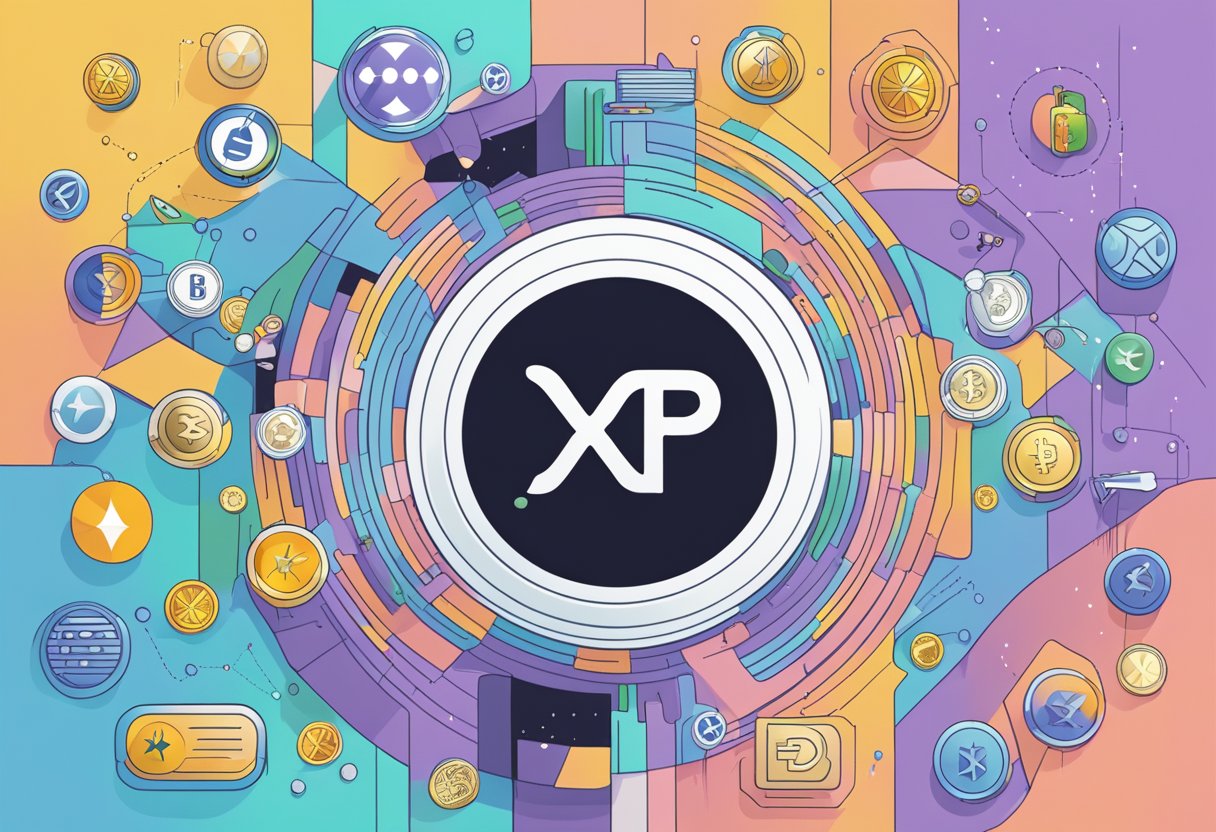Selecting the best XRP wallet is an essential step in ensuring the safe storage and management of your XRP tokens. Ripple’s digital asset, XRP, has grown in popularity over the years as more people and institutions adopt it for various use cases. With this increased adoption, there is now a multitude of wallet options available for XRP, making it crucial to choose the right one based on your unique needs.

When looking for the ideal XRP wallet, some key factors to consider include security, user-friendliness, compatibility, and the availability of additional features. An XRP wallet should not only provide secure storage for your tokens but also offer an intuitive interface for seamless transactions. Moreover, compatibility with various devices and support for additional functionalities, such as exchanging other cryptocurrencies for XRP, can enhance the overall user experience.
By taking these factors into account, you can make a well-informed decision on the most suitable XRP wallet for your specific requirements. As different wallets cater to distinct user preferences, conducting thorough research and assessing your wallet needs will ultimately help you find the perfect fit for safely managing your XRP holdings.
The Best XRP Wallets

Selecting the right XRP wallet is crucial for the security and accessibility of your Ripple (XRP) investments. There are various types of XRP wallets available, such as hardware, software, and mobile wallets. Each type offers its unique set of features and security levels. This section will discuss some of the best XRP wallets available in the market.
Hardware Wallets are the most secure way to store your XRP, as they provide offline cold storage. The Ledger Nano product line, specifically the Ledger Nano S and Ledger Nano X, are top choices among hardware wallets. These devices support a wide range of cryptocurrencies, including Ripple (XRP), and offer robust security features like two-factor authentication and secure PIN mechanisms.
Software Wallets are accessible on desktop and laptop computers. Atomic Wallet is one of the best software wallets with Ripple (XRP) support. It is a non-custodial wallet that allows users to control their private keys. Other features include a clean user interface and a built-in exchange system for swapping cryptocurrencies without leaving the wallet.
Mobile Wallets offer convenience and ease of use, allowing users to manage their XRP on-the-go. Toast Wallet is a popular choice for a mobile XRP wallet. It is an open-source, non-custodial wallet that prioritizes safety. Toast Wallet is available for Android and iOS devices and offers multiple layers of encryption, PIN protection, and seed recovery.
When choosing an XRP wallet, it is essential to consider factors like security, ease-of-use, and accessibility. Hardware wallets like Ledger Nano S and Ledger Nano X offer the highest security levels, making them ideal for long-term storage and large amounts of XRP. On the other hand, software and mobile wallets such as Atomic Wallet and Toast Wallet provide more accessibility and flexibility for everyday transactions. Additionally, always opt for non-custodial wallets to maintain control over your private keys and look for wallets that support two-factor authentication for added security.
How to Choose the Best XRP Wallet

When selecting the best XRP wallet, it’s essential to prioritize security and ease of use. With the ever-growing cryptocurrency market, numerous wallet options are available, serving different purposes and offering various features. The primary wallet types include hardware wallets, software wallets, mobile wallets, desktop wallets, and paper wallets. Each type has its unique characteristics; thus, it’s crucial to understand their differences.
Hardware wallets are considered highly secure for storing cryptocurrencies like XRP, as they offer cold storage, keeping private keys offline and safe from hackers. Popular hardware wallets compatible with XRP tokens include Ledger Nano S and Trezor. These devices require connecting to a computer or mobile device to access and manage digital assets.
In contrast, software wallets can be hot wallets or desktop wallets and are available for different operating systems such as Windows, macOS, and Linux. They provide an easy-to-use interface and are suitable for daily transactions; however, they are more susceptible to online attacks. For XRP holders, GateHub could be a reliable choice for a software wallet.
Mobile wallets are designed for smartphones, providing convenience and accessibility on-the-go. Although these wallets are also hot wallets, they are generally more secure than web-based wallets. XRP investors can consider Toast Wallet for a user-friendly mobile wallet solution that supports Ripple’s digital assets.
When assessing the best XRP wallet for individual needs, consider factors such as multi-currency support, integration with popular cryptocurrency exchanges, and compatibility with different blockchains. Some wallets support multiple cryptocurrencies like BTC, ETH, and other ERC20 tokens, allowing users to store various digital assets in one place. Additionally, integration with exchanges such as Shapeshift, Changelly, or eToro makes it convenient for XRP investors to trade and switch between various cryptocurrencies.
Lastly, select a wallet that promotes transparency and has a broad user base to minimize the risk of scams. Always ensure that the chosen wallet allows full control of private keys, as this information should never be shared with third parties. Furthermore, consider anonymity features and whether the wallet of choice requires Know Your Customer (KYC) or Anti-Money Laundering (AML) verification for optimal privacy.
In summary, the best XRP wallet will depend on individual preferences and requirements. Make sure to weigh the pros and cons of each wallet type and prioritize security and ease of use to make an informed decision.

